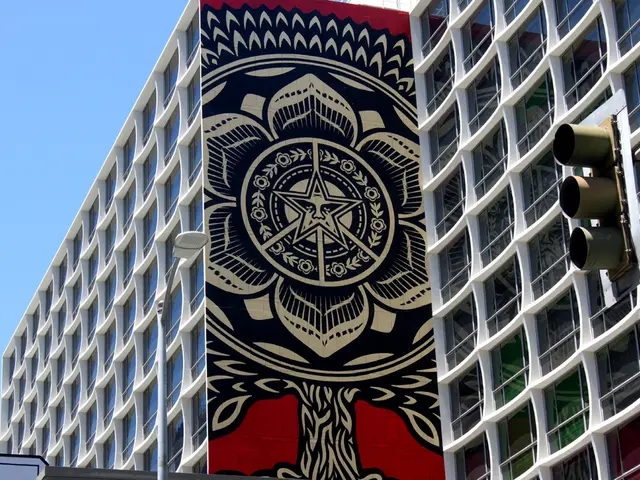Industrial stability enhancement through reforms in bankruptcy laws, as advocated by Special Assistant to the Prime Minister (SAPM) Haroon Akhtar
The government of Pakistan is taking significant steps to strengthen its bankruptcy legislation, with the aim of ensuring industrial stability and reviving struggling enterprises. This comprehensive overhaul is designed to create a supportive legal framework that will help distressed companies get back on their feet.
Key Changes to the Corporate Rehabilitation Act, 2018
The proposed reforms include amendments to the Corporate Rehabilitation Act, 2018. Notable changes include:
- Removing the eligibility threshold based on receivables, allowing more companies to seek rehabilitation.
- Introducing a formal judicial stay order mechanism to halt winding-up actions, providing breathing space for distressed firms.
- Providing relief specifically for companies facing winding-up orders.
- Including firms currently receiving support under the State Bank of Pakistan (SBP) Circular No. 29.
- Establishing a structured system for asset valuation and mediation to improve transparency and streamline recovery processes.
Revisions to the Corporate Restructuring Companies Act, 2016
The proposed changes to the Corporate Restructuring Companies Act, 2016, address operational delays in the Corporate Rehabilitation Board caused by strict appointment criteria and limited budget allocations.
Reducing Undue Harassment by State Authorities
The reforms also aim to reduce undue harassment by state authorities. Proposals include safeguarding the autonomy of regulatory bodies like the Securities and Exchange Commission of Pakistan (SECP) and ensuring a non-political and interference-free business environment to stimulate foreign investment.
Collaboration Between Financial Institutions and Distressed Firms
The reforms foster cooperation between financial institutions and distressed firms under a collaborative framework. This collaboration is expected to build investor trust and create a more business-friendly climate.
The Prime Minister's Vision
The reforms align with Prime Minister Shehbaz Sharif’s vision to revive sick industrial units and eliminate undue harassment from state authorities. In a recent meeting, PM's Coordinator Rana Ehsan Afzal, representatives from the Pakistan Business Council, Federal Board of Revenue (FBR), State Bank of Pakistan (SBP), Securities and Exchange Commission of Pakistan (SECP), various chambers of commerce, the Anti-Money Laundering authority, and other stakeholders were present.
During the meeting, Special Assistant to the Prime Minister (SAPM) on Industries and Production Haroon Akhtar Khan praised the sub-committees' work and commitment to business-friendly reforms. Khan stated that the reforms will encourage banks and borrowers to work together under a collaborative framework.
Broader Economic Reforms and Initiatives
These bankruptcy law reforms reflect a strategic effort to stabilize the industrial sector and support businesses facing financial distress. They complement broader economic reforms and initiatives for financial sector modernization in Pakistan.
The government is also considering revisiting Free Trade Agreements (FTAs) and aiming to save Rs70bn annually through 100 reforms across 24 ministries.
These ambitious reforms mark a significant step towards fostering a more supportive and business-friendly environment in Pakistan, ultimately contributing to the revitalization of the nation's industrial sector.
In the proposed changes, a structured system for asset valuation and mediation is established in the Corporate Rehabilitation Act, 2018, aiming to improve transparency and streamline recovery processes within the industrial sector and finance industry.
Collaboration between financial institutions and distressed firms is fostered under a collaborative framework, as a part of the broader economic reforms to create a more business-friendly climate and revive sick industrial units, aligning with the Prime Minister's vision.





